Public Water System Testing
Request Call Back
Request Call Back
Public Water Systems Testing Services
Public Water Systems are required to conduct regular monitoring of their well water to protect their community. All commercial facilities, schools, and recreational facilities in NJ are required and mandated by the state to test their private wells regularly to ensure the safety of the water they provide to the public. Environmental Laboratory Network LLC provides monitoring and compliance support for public water systems so that they stay in compliance with the strict guidelines of the NJDEP state enforcement. With our extensive experience, we offer services and monitoring to:
- Restaurants
- Delicatessens
- Cafes
- Schools
Our NJDEP-certified team is committed to providing accurate, trustworthy data for your water quality needs. Contact us today to learn how we can help maintain the safety of your public water supply. We are here to assist you in every step of the process.
Information About Public Water Systems
The National Primary Drinking Water Regulations (NPDWR) are legally enforceable primary standards and treatment techniques that apply to public water systems. These standards and techniques protect public health by limiting the levels of contaminants in drinking water.
The EPA sets legal limits on over 90 contaminants in drinking water. The legal limit for a contaminant reflects the level that protects human health and that water systems can achieve using the best available technology. EPA rules also set water-testing schedules and methods that water systems must follow.
The Safe Drinking Water Act (SDWA) gives individual states the opportunity to set and enforce their own drinking water standards, provided those standards are at least as stringent as EPA's national standards.
A public water system provides water for human consumption through pipes or other constructed conveyances to at least 15 service connections or serves an average of at least 25 people for at least 60 days a year. A public water system may be publicly or privately owned.
There are over 148,000 public water systems in the United States. The EPA classifies these water systems according to the number of people they serve, the source of their water, and whether they serve the same customers year-round or on an occasional basis.
Water Systems Classifications
The EPA has defined three types of public water systems:
- Community Water System (CWS): A public water system that supplies water to the same population year-round.
- Non-Transient Non-Community Water System (NTNCWS): A public water system that regularly supplies water to at least 25 of the same people for at least six months per year. Some examples include schools, factories, office buildings, and hospitals that have their own water systems.
- Transient Non-Community Water System (TNCWS): A public water system that provides water in a place such as a gas station or campground, where people do not remain for long periods of time.
For more information regarding public water systems, please refer to the link below:
Link:
epa.gov/dwreginfo/drinking-water-regulations
NJ Drinking Water Watch for Public Water Systems
Drinking Water Watch, provided by the NJDEP, allows users to access drinking water information for New Jersey water systems. If you have any questions, contact the Bureau of Safe Drinking Water at (609) 292-5550 or click the link below.
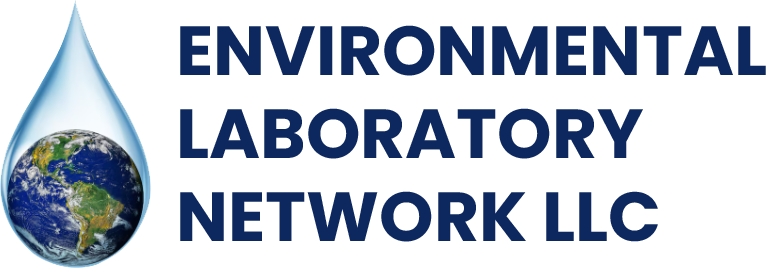
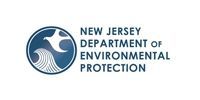
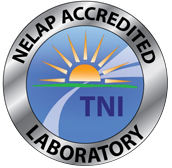
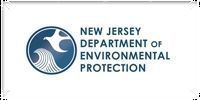
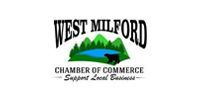
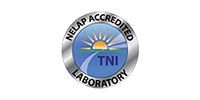
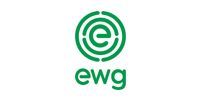
Share On: